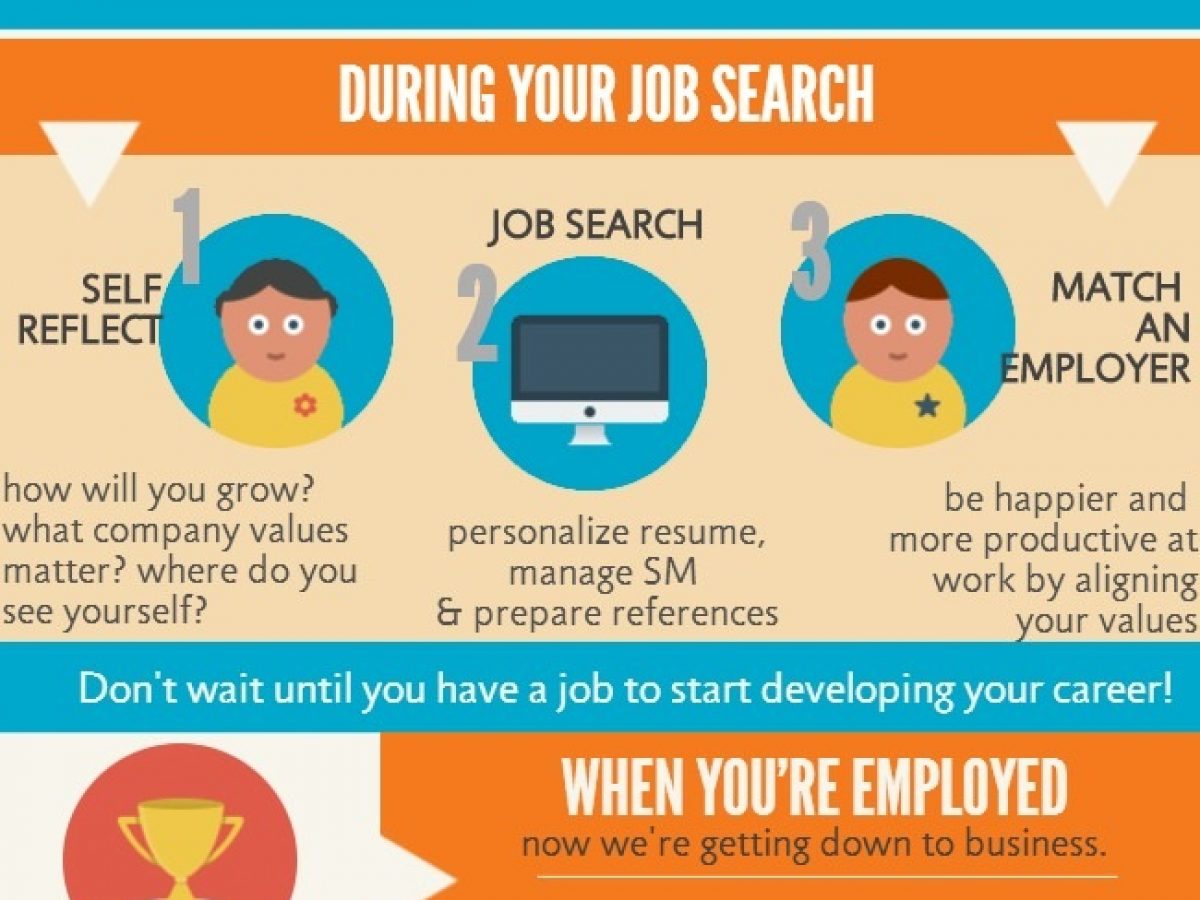The Pros and Cons of Taking a Risk – Should I Leave a Good Job for a New Company?
Embarking on a new career adventure can be an exciting, yet daunting prospect. The question, “should I leave a good job for a new company?” can cause sleepless nights, especially when faced with the uncertainties of taking a risk. In this blog post, we’ll discuss the pros and cons of taking this leap of faith, and provide you with insightful tips to help you make an informed decision.
The Pros of Leaving a Good Job for a New Company
1. Personal and professional growth
Staying within your comfort zone can lead to stagnation and complacency. Embracing change and seeking new opportunities can be empowering, allowing you to learn, grow, and expand your skills. A new company often means exposure to new industries, technologies, and challenges, helping you reach your true potential.
2. Increased earning potential
Switching jobs may lead to a bump in salary or even additional benefits. This is an excellent incentive that can improve your financial situation and provide you with the resources to achieve your financial goals.
3. Networking opportunities
A new company provides the chance to build new relationships and expand your professional network. Building contacts in different organizations can lead to valuable connections and potential job opportunities in the future.
4. Greater work-life balance
A new position may offer different hours, better working conditions, or the opportunity to work from home. This can help you achieve a better balance between your professional and personal life.
The Cons of Leaving a Good Job for a New Company
1. Loss of job security
Leaving a stable job with a well-established company can be risky; new firms may have not yet proven their longevity or stability. Additionally, as a new employee, you may be more vulnerable to job cuts in the event of a company-wide restructuring.
2. Potential for culture shock
Every company has a unique culture, and adjusting to a new environment can be difficult. You might experience a change in management style, team dynamics, or company values, which could cause discomfort or dissatisfaction.
3. Short-term stress and uncertainty
The job searching, interview, and onboarding processes can be time-consuming and stressful. While this is a short-term consideration, it’s essential to acknowledge these potential challenges when deciding whether to leave your current job.
4. Risk of burning bridges
The process of leaving a job involves careful consideration and professional conduct. Ensure you maintain strong relationships with your current employer, as they might become valuable references in the future.
Guidelines for Decision-Making
Using the following guidelines, assess your situation and decide whether leaving your job for a new opportunity is the right choice:
1. Evaluate your current situation
Examine your current job’s growth prospects, financial stability, and how much you enjoy the work environment. If any of these factors concern you, consider the potential benefits of switching jobs.
2. Research the new company
Determine the financial stability, growth potential, and culture of the new company. Dig into online reviews, ask for opinions from trusted contacts, and investigate the organization’s reputation within its industry.
3. Seek professional advice
Discuss your options with a career counselor or mentor. They can provide you with additional insights and guidance to help you make a well-informed decision.
4. Maintain a backup plan
Ensure you have a financial safety net in place before taking the risk. This will give you peace of mind while transitioning to a new role and facing potential uncertainties.
Taking a calculated risk to join a new company can be a rewarding experience if it aligns with your career goals and values. Evaluate the pros and cons, seek information and guidance, and make a sound decision based on an informed, thoughtful approach.











